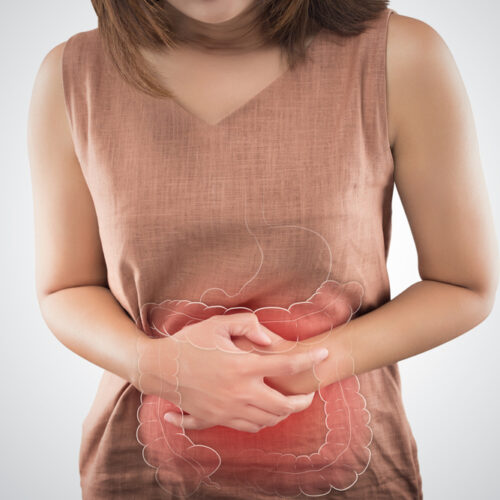Things to Know about Colorectal Cancer
Colorectal cancer, or colon cancer, refers to cancer that affects the colon and the rectum. Researchers have indicated to the fact that aging can be one of the risk factors for this type of cancer. In fact, those who smoke or intake food that contains a high quantity of fat can fall easy prey to developing colorectal cancer.

Factors causing colorectal cancer
Generally, the primary cause of colorectal cancer is a damage caused to the DNA. The human body has certain genes that ensure that the cells do not grow to an abnormal size and when a person’s body is unable to prevent abnormal growth of cells, colorectal cancer could occur.
- Inherited gene mutation is known to increase risk factors of developing the condition. Although these gene mutations do not necessarily mean that a person will suffer from cancer, instead it acts as a catalyst.
- The FAP (familial adenomatous polyposis) leads to the development of polyps in the colon.
- When a person is in the habit of following a low-fiber and high-fat rich diet, then microbes that are present in the colon can result in cancerous outgrowth.
- Inflammation in the colon that is caused due to Crohn’s disease or ulcerative colitis increases the risk of developing colorectal cancer.
Which symptoms indicate to colorectal cancer?
Colorectal cancer, unlike any other type of disease, does not show any early signs, and this is perhaps the reason behind increased mortality rates. In order to know whether an individual is suffering from this disease or not, they have to pay close attention to the symptoms that might be experienced by them.
- A person with colorectal cancer will face difficulties in their bowel movement. They might even suffer from constipation.
- Tremendous pain can be experienced in the rectum and bleeding might also occur.
- One will feel that they need to empty their bowels immediately.
- Even after a longer period of an empty stomach, a person will experience a fuller stomach. It is caused due to the tumor on the rectum.
- There will be significant changes in the size and color of stools as well. One may find that they have comparatively thinner stools than before; moreover, the color of the stools will turn black.
- Individuals who are suffering from colorectal cancer will experience sudden discomfort in the abdominal region.
- The last stage of the cancer is accompanied by excessive pain in the pelvis.
Treatment for colorectal cancer
Treatment options are available, but the type of treatment will be highly dependent on the size of the tumor. The treatment options as per the stages of cancer have been described briefly as follows.
Stage 0: In this stage, the colon tumor can be found inside the lining of the colon cell. In order to remove the cancerous cell, surgery can be undertaken and the physicians will remove tissue near it.
Stage 1: In this stage, the tumor has grown deeper into the layers of the colon wall but has not spread outside the wall or to the nearby lymph nodes. If the polyp is completely removed during a colonoscopy, then no other form of treatment would be needed. However, if the cancer in the polyp is of a higher grade, additional surgeries might be recommended.
Stage 2: In the second stage, the cancerous cell extends to the walls of the colon. Doctors basically conduct chemotherapy for removing any chances of the recurrence in the future.
Stage 3: In the third stage, cancer begins to reach to the lymph nodes. In order to treat it, physicians adopt chemotherapy along with radiation.
Stage 4: It is considered to be the advanced stage and cancerous cells spread to different parts of the body. One can increase their chance of treatment at this stage by surgery whereby cancer is removed.
Apart from surgery, non-surgical options like radioembolization and embolization are also used as effective treatment methods.











